The water in your garden pond is very sensitive to change. Depending on a number of factors, a pond can soon go from crystal clear to pea soup without any apparent explanation. You will quickly learn that pond pollutants can hide in the clearest water.
Filtration
An easy first step to ensuring a healthy pond environment is the use of a good filter and you should contact a specialist retailer, like Swell UK, who can advise you on the best solution. Biological filters will break down harmful toxins, like ammonia from fish waste, so they can be either removed or absorbed by the plant life in your pond. A UV filter will also help keep green water and algae at bay and keep down the levels of bacteria that could be harmful to the life in your pond.
A good water balance
High nitrate or pH levels in your pond can bring about the most common pond problem: algae. Algae can cause havoc in ponds, keeping light and oxygen from the plants and animals that need them. Regular testing should be carried out to keep on top of the environment in the water before an algae problem breaks out. You can pick up kits for any potential problem from online stores like Swell UK. These give you the all important heads-up you need to take action.
A key part of maintaining the right water balance is ensuring you use a good liner that will not only resist damage but ensure any outside nitrate sources, like fertilizer, are prevented from seeping through.
Oxygen
Oxygen plays a vital role in ensuring the good health of your pond. Without oxygen, certain bacteria found towards the bottom of ponds will begin to produce acids and toxins that will harm the fish, insects and helpful bacteria that may live in your pond. By planting particular oxygenating plants, you can create a natural balance of oxygen levels, but only during the day. By making use of an air pump or any water feature that will disturb the water surface, you can maintain a good oxygen level throughout the day, protecting the well being of your pond.

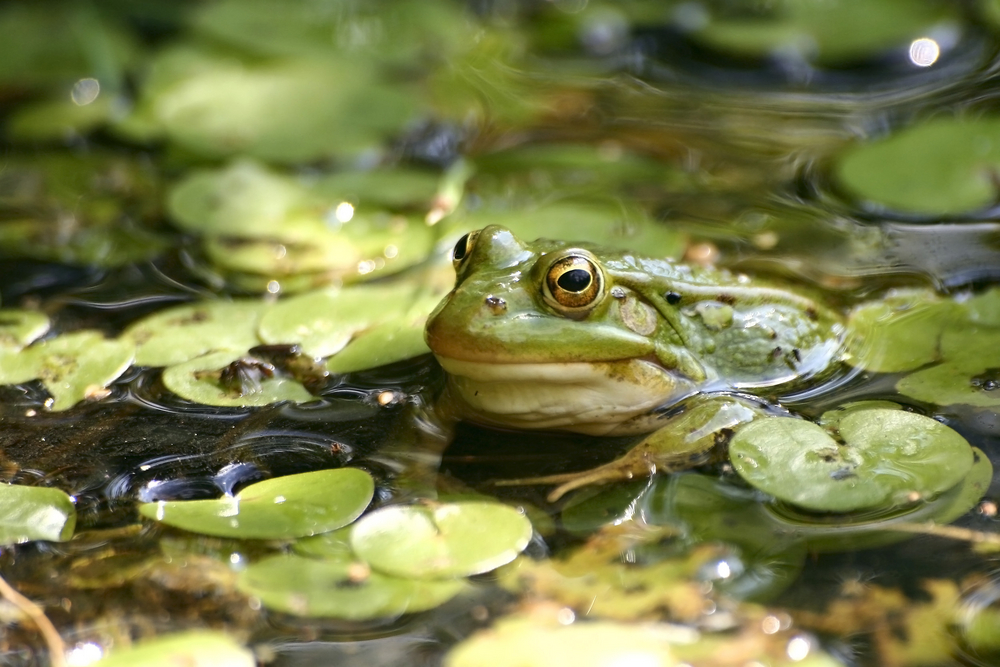
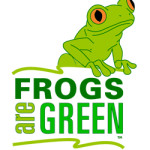
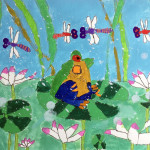
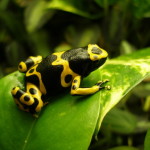
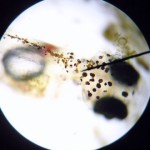
Pingback: The Perfect Pond for You and the Environment | Frogs Are Green